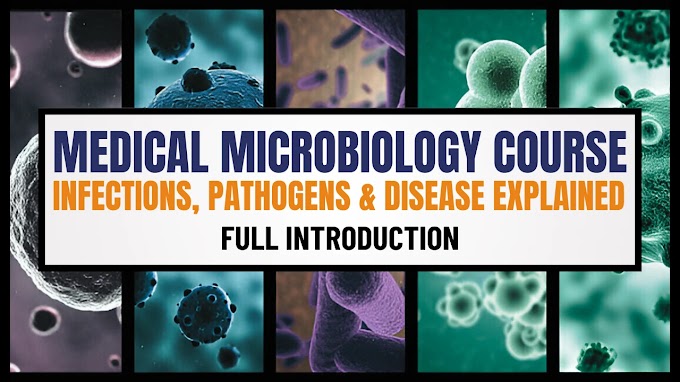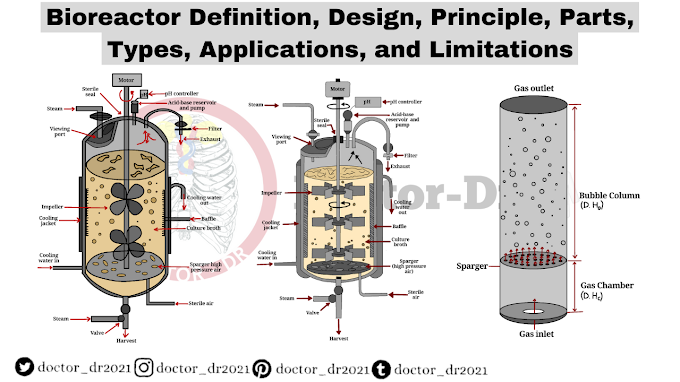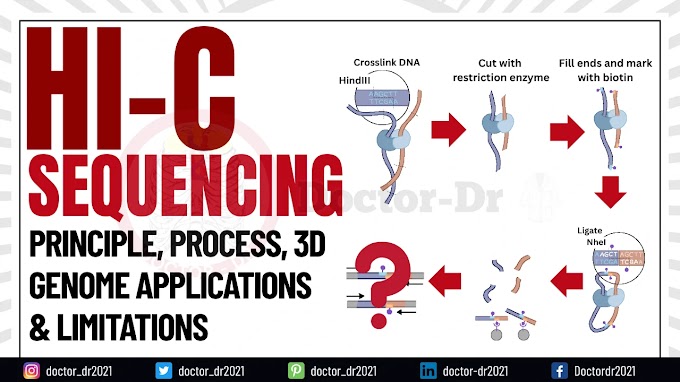Researchers have found that new medications used to treat drug-resistant tuberculosis (TB) are as effective as first-line drugs in killing the bacteria. This finding could pave the way for shorter and more tolerable treatment regimens for patients with this challenging form of the disease.
The Burden of Drug-Resistant TB:
TB, caused by the bacterium Mycobacterium tuberculosis, remains a major global health threat. In 2022 alone, it infected over 10 million people and caused 1.3 million deaths, making it the leading infectious disease killer worldwide. While most TB cases are treatable with first-line medications, around 4% are drug-resistant, meaning the bacteria are resistant to at least one of the standard drugs used for treatment. This significantly complicates treatment, requiring longer durations (up to 2 years) and more toxic medications compared to drug-sensitive TB (6 months).
New Hope with Bedaquiline-Based Regimens:
The introduction of bedaquiline in 2012, the first new TB drug in decades, marked a significant advancement. This oral medication, along with other newer drugs, allows for the development of bedaquiline-based second-line regimens for drug-resistant TB. These regimens offer several advantages:
- Reduced toxicity: Compared to traditional injectable antibiotics used in second-line treatment, bedaquiline-based regimens are better tolerated by patients, leading to fewer side effects and improved treatment completion rates.
- Easier implementation: Oral medications like bedaquiline are easier to administer and manage, especially in resource-limited settings where TB is most prevalent.
Study Findings:
A recent study compared the effectiveness of a bedaquiline-based second-line regimen with the standard first-line regimen in patients with drug-sensitive and drug-resistant TB, respectively. The study found that:
- Similar bacterial killing rates: Both groups showed comparable rates of decline in bacteria over the course of treatment, suggesting that the new drugs are as effective as the traditional ones in killing the bacteria.
- Potential for shorter treatment: This finding suggests the possibility of shortening treatment duration for drug-resistant TB patients, offering significant benefits in terms of patient comfort, healthcare costs, and reduced risk of further drug resistance development if treatment is not completed.
Future Directions:
While these findings are encouraging, further research is needed:
- Monitoring treatment response: Developing better methods to accurately monitor patients' response to treatment, including how effectively the regimen is killing the bacteria, is crucial for optimizing treatment strategies.
- Alternative regimens for drug-sensitive TB: Exploring the use of newer drugs like bedaquiline as alternatives to the first-line regimen for patients who cannot tolerate or are allergic to the traditional medications.
Overall, this research offers promising prospects for improving the treatment of drug-resistant TB. The development of effective and tolerable bedaquiline-based regimens, coupled with ongoing research efforts, holds the potential to shorten treatment duration, improve patient outcomes, and ultimately reduce the global burden of this devastating disease.
Journal reference:

~1.webp)





